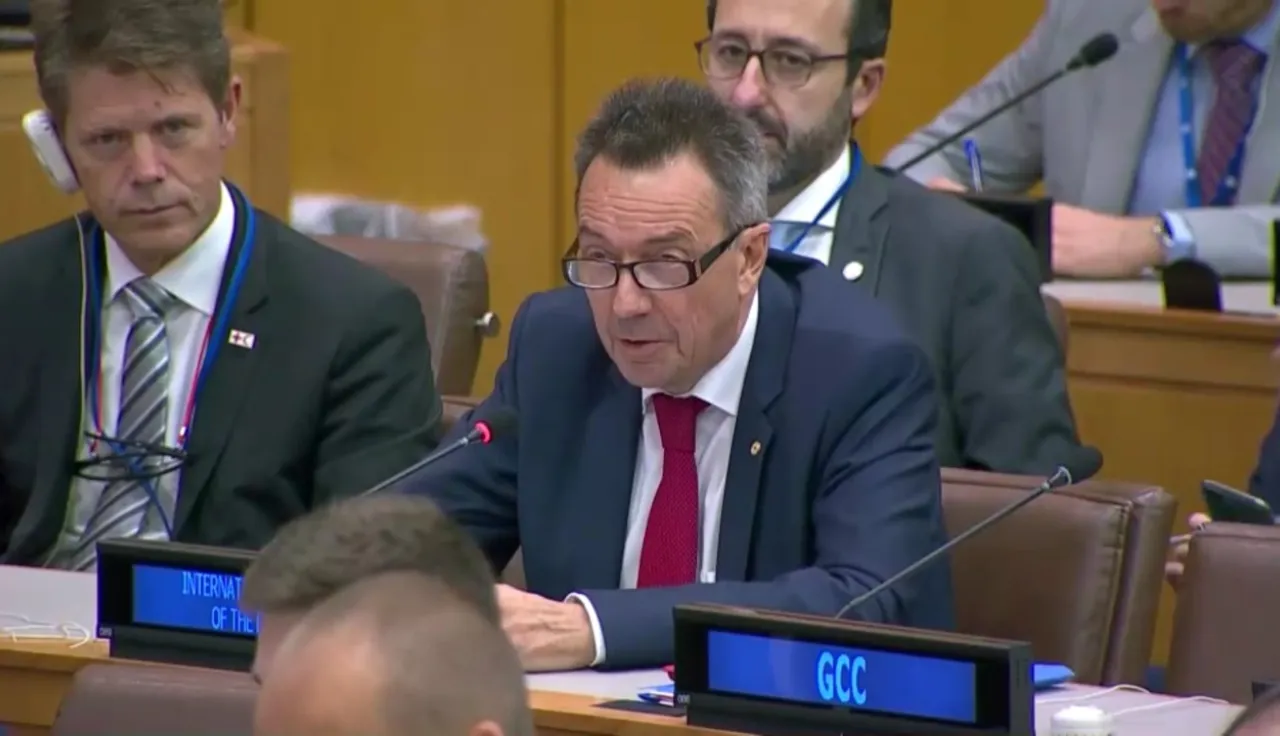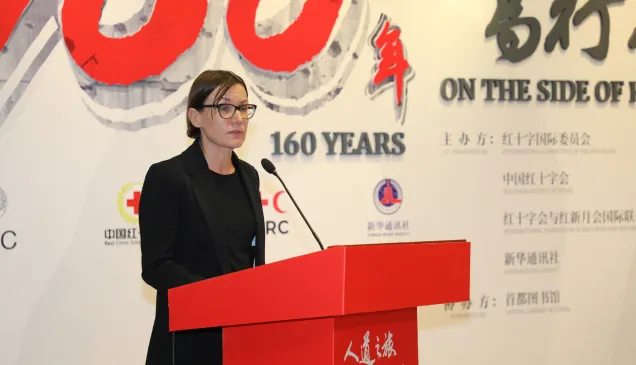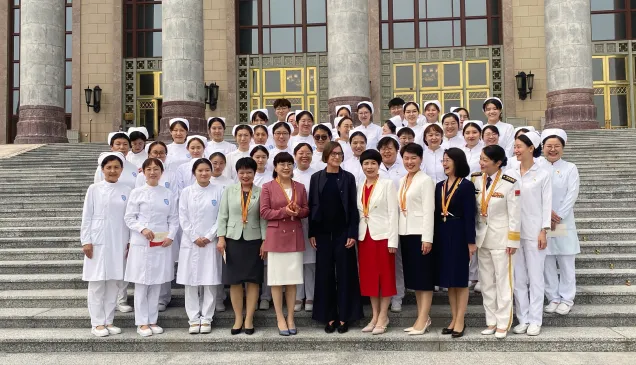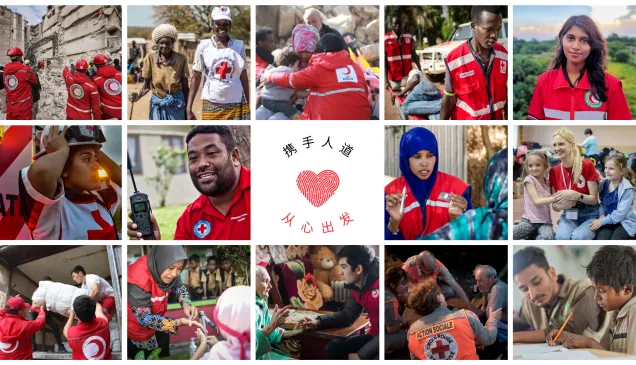As delivered by ICRC President Peter Maurer
President, foreign ministers,
Already many pressing challenges facing Syria have been raised today.
The needs are vast: your unwavering support for neutral and impartial humanitarian work, and for unhindered access to all places where there are humanitarian needs is critical.
The ICRC, and the Red Cross Red Crescent Movement, are committed to Syria for the long term. It is ICRC's largest operation worldwide. We continue our confidential and bilateral dialogue with the Syrian government and with local authorities who we count on to enable the delivery of aid and access to contested areas.
We are working to address both people's emergency needs: food, water, shelter, as well as providing longer term help restoring basic infrastructure and setting up livelihood projects. We are assisting the millions of displaced people whether they decide to stay or return. We are continuing to visit or seek access to all detainees, including those in the North East, be they Syrians, Iraqis or third country nationals.
Increasingly we are concerned for communities at risk of being stigmatized because of their affiliation, perceived or real, with the other side. They are often portrayed as accomplices of violence, their rights violated or threatened.
While security and accountability are vital, it is the ICRC's view that all measures must – and can – be balanced with treating people humanely and within the law.
In a society divided by years of violence, a critical building block of reconciliation is the issue of missing people. Tens of thousands of people, at least, have gone missing in the conflict. Families wait for answers, unable to mourn.
Daily life also becomes a struggle. After the loss of a breadwinner, families risk falling into poverty.
The ICRC's teams are overwhelmed with requests from families to find their loved ones. We are working with parties to the conflict to clarify their fate and offering our expertise in forensics and mental health support. We are also helping on the practical side – for instance by supporting small businesses.
The issue of missing must be first and foremost humanitarian, not part of a political agenda. We ask that States and all parties to conflict respect and ensure international humanitarian law is respected in their operations – that they fulfil their obligations to search for missing persons and manage the dead systematically and with respect.
Dear colleagues, when the social fabric has been destroyed as it has in Syria, all efforts are needed to ensure a political solution to build stability, security and reconciliation.
We appreciate Geir Pedersen's tireless efforts and hope that recent good news will materialize in concrete action.
Federica, with your permission, let me say one word more on the so-called issue of foreign fighters and their families.
States cannot shy away from their responsibilities. The international community has to work with the countries concerned to find long-term solutions.
We fully recognize States' concerns and their responsibility to take measures to ensure their security. Yet, security and accountability can be balanced with treating people humanely.
The ICRC urges states to repatriate their nationals from conflict zones – whether they are former-fighters or civilians – and deal with them in accordance with existing international and national legal frameworks. Importantly people – and especially children – must not be made stateless.
We recognize that there are no easy solutions. These challenges are global in nature and cannot be solved by one state alone. A meaningful and durable way forward can only be found in concerted action among States and humanitarian actors, and the ICRC is ready to assist in that process.
Thank you very much.




